Understanding the Importance of Proper Food Storage
When it comes to keeping your food fresh and safe to eat, proper food storage is key. By understanding the science behind food storage and implementing best practices, you can extend the shelf life of your food and reduce waste. Let’s delve into the details of how to store food properly for maximum freshness and longevity.
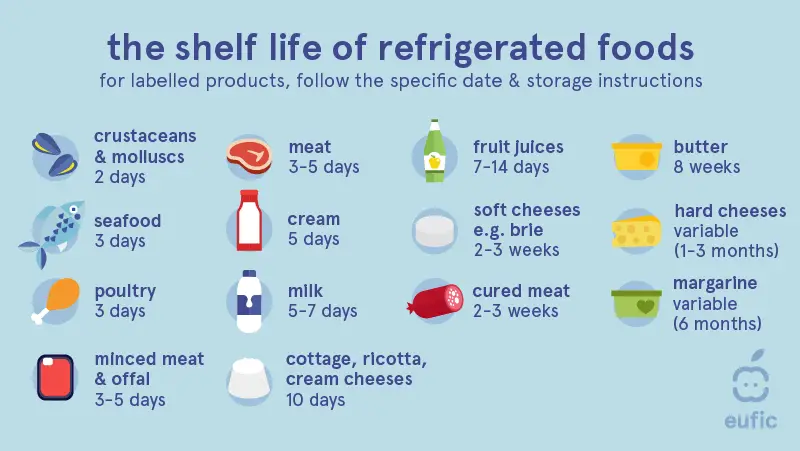
The Basics of Food Storage
Proper food storage involves controlling temperature, humidity, and light exposure to slow down the rate of spoilage. Storing food at the correct temperature can prevent the growth of harmful bacteria and mold, while minimizing light exposure can help preserve the nutrients in the food. By following these basic principles, you can keep your food fresh for longer periods of time.
Storing Fresh Fruits and Vegetables
Fruits and vegetables are best stored in the refrigerator to maintain their freshness. However, it’s important to store them properly to prevent premature spoilage. Some fruits emit ethylene gas, which can cause other fruits and vegetables to ripen faster. Keep fruits and vegetables stored separately and use airtight containers or produce bags to extend their shelf life.
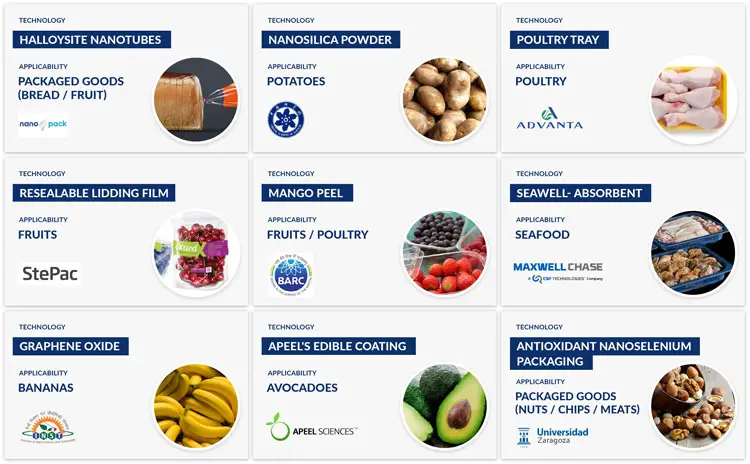
Preserving Meats and Dairy Products
Meats and dairy products are highly perishable and require careful handling and storage. Store meats in the coldest part of the refrigerator or freezer to prevent bacteria growth. Dairy products should be kept refrigerated at all times and consumed before the expiration date. By following these guidelines, you can prevent foodborne illnesses and ensure the safety of your food.
Utilizing Proper Storage Containers
Choosing the right storage containers is essential for keeping your food fresh and safe to eat. Opt for airtight containers made of glass, plastic, or stainless steel to prevent air and moisture from entering. Avoid using containers that are cracked or damaged, as they can compromise the quality of your food. Invest in high-quality storage containers to maximize the shelf life of your food.
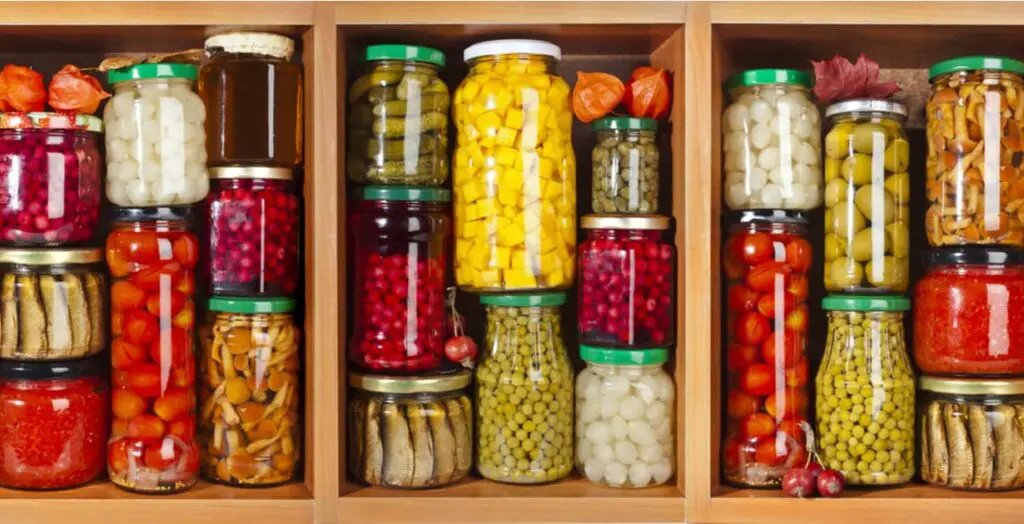
Maximizing Shelf Life with Freezing
Freezing is a great way to extend the shelf life of perishable foods such as meat, poultry, and fish. When freezing food, be sure to use freezer-safe containers or bags to prevent freezer burn. Label and date your frozen items to keep track of their freshness. Properly freezing food can help you reduce waste and save money in the long run.
Understanding Expiration Dates
Expiration dates are intended to guide consumers on the freshness and safety of the food they purchase. It’s important to understand the difference between “sell by,” “use by,” and “best by” dates. While “sell by” dates indicate when a product should be sold, “use by” dates suggest when a product is at its peak freshness. “Best by” dates are a suggestion for best flavor and quality but do not necessarily mean the product is unsafe to eat.
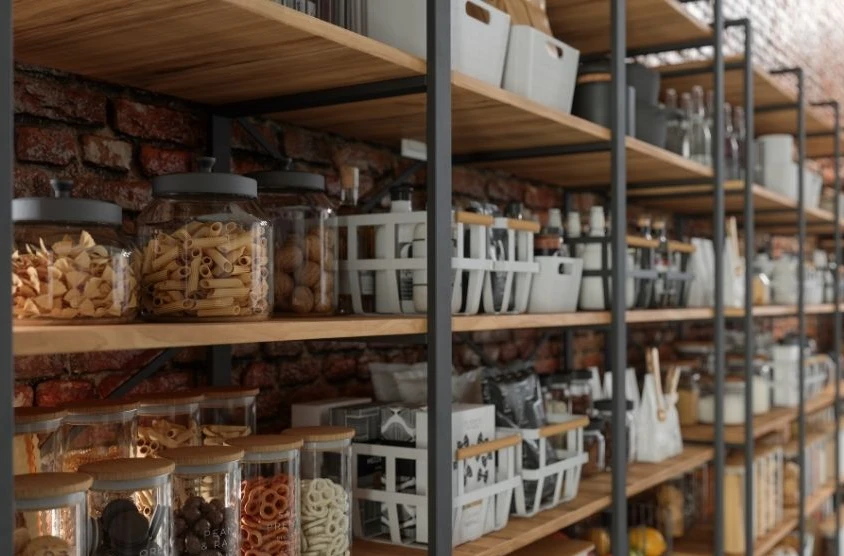
Avoiding Cross-Contamination
Cross-contamination occurs when harmful bacteria from one food item spread to another, leading to foodborne illnesses. To avoid cross-contamination, store raw meats and seafood separately from ready-to-eat foods. Use different cutting boards for raw and cooked foods, and wash your hands thoroughly after handling raw meat. By practicing good food safety habits, you can reduce the risk of contamination and keep your food safe to eat.
Tips for Organizing Your Pantry
A well-organized pantry can help you keep track of your food inventory and prevent food waste. Store foods in clear containers or bins to easily see what you have on hand. Group similar items together, such as canned goods, grains, and snacks, to make meal planning more efficient. Rotate your food items regularly to use up older items before they expire. By keeping your pantry organized, you can save time and money on grocery shopping.
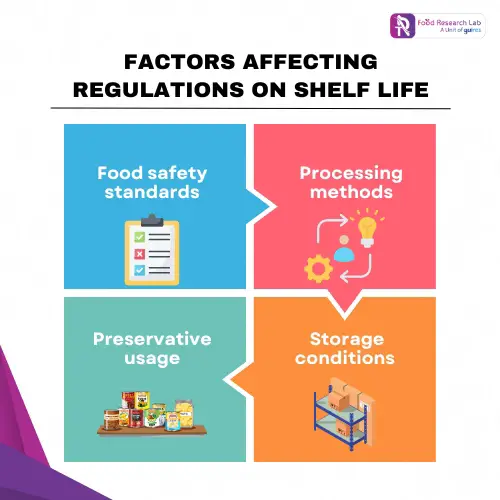
Creating a Meal Plan
Meal planning is a great way to reduce food waste and ensure you use up perishable items before they spoil. Make a list of meals for the week and shop for ingredients accordingly. Cook in larger batches and freeze leftovers for future meals. By planning ahead, you can optimize your food storage and minimize waste.
Tips for Properly Storing Leftovers
Leftovers should be stored promptly to maintain their freshness and flavor. Use airtight containers to prevent air exposure and microbial contamination. Label leftovers with the date they were cooked to track their freshness. Reheat leftovers thoroughly before consuming them to kill any bacteria that may have developed. By following these guidelines, you can safely enjoy your leftovers and avoid foodborne illnesses.
Foods That Should Not Be Stored Together
Certain foods should not be stored together due to their potential to spoil faster or cause cross-contamination. For example, fruits and vegetables emit ethylene gas, which can accelerate the ripening of other produce. Store these items separately to prevent premature spoilage. Additionally, raw meats and ready-to-eat foods should be kept in separate areas of the refrigerator to avoid cross-contamination. By being mindful of how you store different foods, you can extend their shelf life and maintain food safety.
Conclusion
Proper food storage is essential for maintaining the freshness, safety, and quality of your food. By understanding the science behind food storage and implementing best practices, you can extend the shelf life of your food and reduce waste. By following these guidelines and tips, you can optimize your food storage practices and enjoy fresh, safe meals for longer periods of time.
Remember, a little effort in proper food storage can go a long way in preserving the quality of your food and saving you money in the long run. By making small changes in how you store your food, you can contribute to reducing food waste and promoting sustainable living. So, next time you go grocery shopping, keep these tips in mind to make the most out of your food storage practices.
